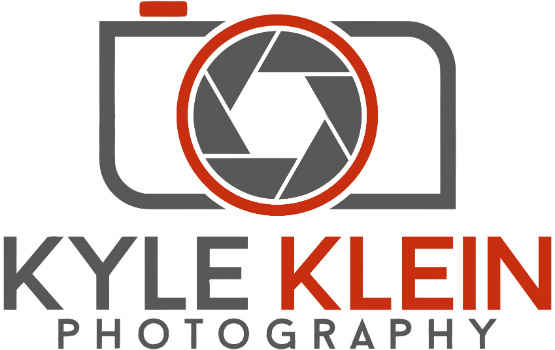How to find the best photographer for your next meeting or convention
Friday, March 20, 2020 | By: Kyle Klein Photo
Hi Everyone! Over the years I’ve worked with a lot of convention and event planners who have had difficulties or bad experience when it comes to finding local photographer for their events. Since most conventions and trade shows are in different cities each year that often means finding and working with a photographer for the first time…every year. Due to the nature of these shows it’s very important to hire someone who is easy to work with and can produce great results. So much marketing and promotion for the next year hinges those images. Not to mention social engagement, future sponsorship opportunities, and industry publications.
Where to start your search for a photographer:
Since you’re looking for a photographer who specializes in conventions or meetings you should start your search with the local CVB. CVB or Convention and Visitors Bureaus are local non-profit organizations designed to promote a specific destination. In Boston we have BostonUSA. Not only can they help you with bookings and make great connections for your next event but they have a great list of local photographers and videographers who specialize exactly what you’re looking for.
Other great places to find an event photographer include:
- Your venue contact person: whether it’s a hotel or convention space, they definitely have suggestions for photographers they have worked with before.
- PCMA: Professional Convention Management Association
- PPA: Professional Photographers of America
- Google and LinkedIn: Both are good but keep in mind the people you see first are generally the ones who pay for those spots, not necessarily the best.
Important questions to ask a photographer when requesting a quote or RFP:
- What’s their experience with events of a similar size to yours, and how many do they do a year?
- Can they work independently? Shot lists are important but there’s a lot more to photographing a convention than a checklist.
- If you’d like a few images delivered at the end of each day for social media or marketing, ask if they have the ability to do that.
- What's their turnaround time for post production? I try to have all jobs done within 5 days but every photographer is different.
- Is the owner of the business that you’re contracting with going to be the person who is coming to your event or to they plan on sending their employees?
- Do they have a general liability insurance policy?
- Backup Equipment: Just in case something stops function during the event. Does the photographer have a plan in place?
Gear:
While the old saying ‘gear isn’t everything’ is definitely true it does play a big role in convention photography. It’s vital to have gear that will take high quality images, even in low light conditions. If I’m going to photograph a speaker on stage under a spot light and then pivot and get a great shot of the audience laughing and clapping in the dark I’m going to need cameras that can capture very, very low light situations.
Without getting into a discussion of which camera brand is better here’s the type of gear that’s necessary and why:
- Full Frame Camera: Camera’s with a larger imaging sensor. They can capture more information and function better in low light settings. Better quality, less digital noise.
- Pro Lenses: Just like the larger sensor, pro lenses are larger and allow more light to hit the camera sensor, they often focus faster and work better in lower light environments. Most pro lenses open up to an aperture of f/2.8, but not always
- Type of Lenses: Lot of variety here but the key is they have a wide angle (around 16mm for the ‘big’ shots) and a zoom lens for close up shots of speakers.
I typically photograph a convention with two cameras, one with a zoom lens and one with a wide angle. This way I can capture changing environments quickly, without needing to change equipment.
If you’re considering a candidate to hire take some time to look at their website and social media. It only takes 5 minutes. Keep in mind that what they are showing you is the best of their best. Look at the images to see if they tell a story, and are well exposed. I always look for little details in the images, do all the subjects have their eyes open, is the focus on the right person, does the lighting look dynamic or flat?
Not all photographers are great. Not all are great to work with. Ideally you want someone who does a great job and is easy to work with. Someone who knows their job so well they can anticipate the photos that would be best for your organization. About 75% of my repeat convention clients had never previously worked with a photographer for multiple years. Finding someone reliable who you trust makes your job a lot easier. It can also save you time the following year from having to search for a new photographer!

